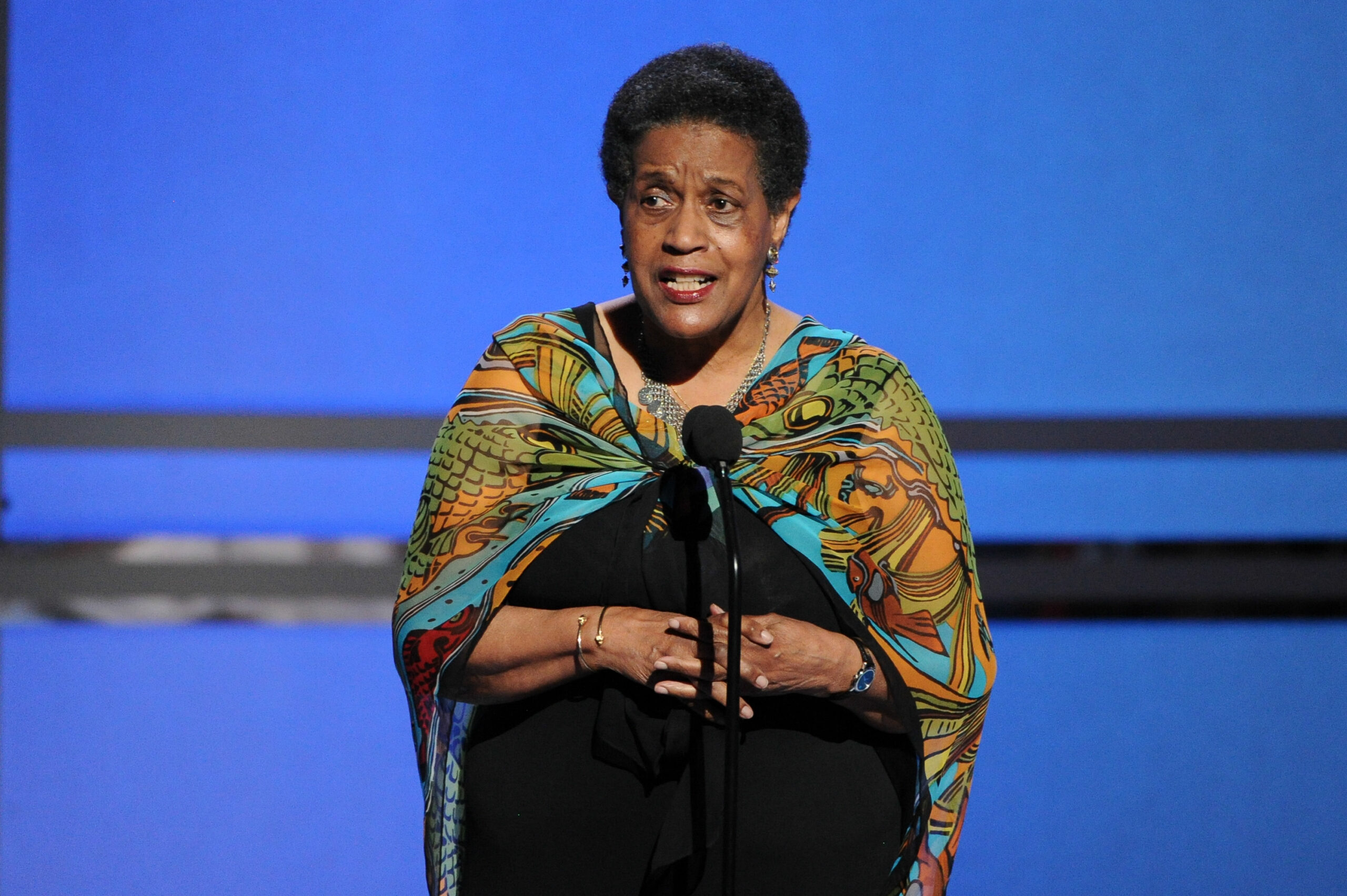Myrlie Evers-Williams, the widow of the late civil rights leader Medgar Evers, is continuing the history-changing legacy of her husband 60 years after his assassination.
During the ceremonial opening of the Medgar and Myrlie Evers Home National Monument in Mississippi, Evers-Williams reflected on the work of her husband and how she adjusted to a new life after his tragic murder.
“Medgar is so very much a part of me, and he’s here,” Evers-Williams told the AP at the opening, which commemorated the home of the civil rights leader and his family being designated a national monument.
“When my husband was shot at the doorstep of our home — June 12, 1963 — I thought my life was over,” Evers-Williams said. “And I realized it was just beginning because there were three children — Medgar’s children, my children — who were looking up to me.”
Following her husband’s death, Evers-Williams continued the civil rights activism that she and Evers had dedicated their lives to. She co-wrote the book “For Us, the Living” in 1967 to commemorate the life and civil rights work of Evers. She also ran for congress twice. Evers-Williams was national chairperson of the NAACP from 1995 to 1998 and went on to found the Medgar and Myrlie Evers Institute in Jackson, Mississippi. She remarried in 1976 to Walter Williams.
It took 16 years for the the Medgar home to become a monument. Democratic U.S. Rep. Bennie Thompson, who is the only Black member of Mississippi’s current congressional delegation, led the fight for the home to receive the designation.
“The designation of his home is an everlasting tribute to his legacy,” Thompson said in a statement. “Mr. Evers was an inspiration to all Americans by dedicating his life to others and fighting against racism and discrimination.”
Shady Grove Missionary Baptist Church in Jackson, Mississippi, also held a 60th anniversary memorial service for Evers on June 11. Both Evers-Williams and Thompson were in attendance.
“I have to admit to you that what happened on June 12, 1963 at our home, changed me forever,” Evers-Williams said during the service.
In a moving interview with CBS Mornings, Evers-Williams shared that her pride in being a Black woman was her motivation to fight hard against every challenge she has faced.
“It motivated me,” she said. “Tell me that I can’t do something, I’ll kill myself trying to do that, you know? And that was the way I was brought up really, now that I think of it. Don’t ever take no for an answer, sweetheart, my grandmother and my aunt would tell me. And I guess it’s something that’s carried over.”
